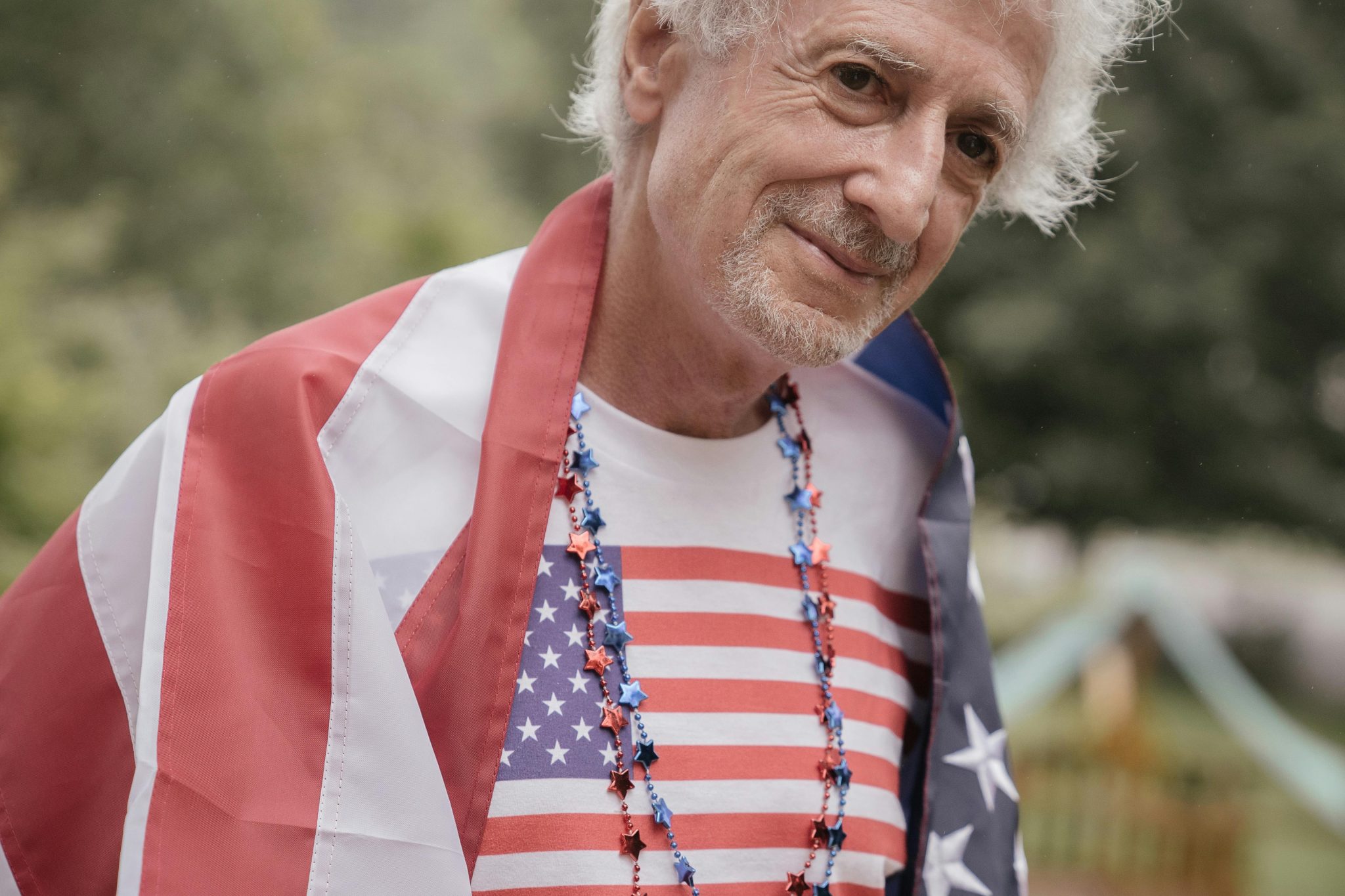The Fourth of July brings joy and celebration to the United States. But for many, it also brings mental health challenges. Fireworks light up the sky, and people come together, yet some feel overwhelmed.
For veterans, PTSD survivors, and those with sensory sensitivities, the holiday is tough. Loud noises and crowded places can trigger strong reactions. These reactions can be hard to handle.
It’s important to understand the holiday’s impact on mental health. The Fourth of July’s history and personal experiences mix, creating a complex emotional scene. By recognizing this, we can make our communities more welcoming and supportive.
Understanding Fourth of July and Mental Health
The Fourth of July is more than just a national celebration. It’s a complex emotional landscape that can trigger different psychological responses. While many people feel joy and excitement, others face significant mental health challenges during this holiday.
The festivities of Independence Day can create unique psychological dynamics. Anxiety often rises during crowded events, fireworks, and social gatherings.
Historical Context and Emotional Significance
Patriotic celebrations carry deep emotional meanings that can unexpectedly impact mental wellness. For some, the holiday brings:
- Memories of military service
- Potential trauma triggers
- Complicated family dynamics
- Cultural disconnection or alienation
Diverse Population Experiences
Different groups experience the Fourth of July in unique ways. Veterans might face depression from combat memories. First responders could feel anxious from loud sounds reminding them of emergencies.
Psychological Response Patterns
Common mental health responses during Independence Day celebrations include:
- Increased anxiety from sensory overload
- Potential depression triggered by social isolation
- Stress from family interactions
- Sensory processing challenges
Understanding these nuanced experiences helps create empathy and support for individuals navigating complex emotional territories during national holidays.
PTSD and Fireworks: A Complex Relationship
The Fourth of July can be tough for people with Post-Traumatic Stress Disorder (PTSD). Fireworks, which are fun for many, can cause a lot of anxiety and bring up scary memories for those who have been through trauma.
Sound-Related Trauma Responses
When fireworks go off, they can make people with PTSD feel like they’re back in a scary situation. Their brain’s threat system goes into overdrive. This leads to strong feelings and physical reactions.
- Sudden loud sounds may trigger fight-or-flight responses
- Fireworks can activate deep-seated traumatic memories
- Anxiety levels can spike rapidly during unexpected noise events
Physiological Reactions to Sudden Noises
Fireworks release stress hormones like adrenaline and cortisol into the body. These chemicals can cause:
- Increased heart rate
- Rapid breathing
- Muscle tension
- Heightened state of alertness
Impact on Sleep and Daily Functioning
Fireworks don’t just stop causing anxiety when the celebration ends. Many people have trouble sleeping and feel on edge for days. These effects can mess with daily life and how they feel emotionally.
Managing Sensory Overload During Festivities
Fourth of July celebrations can be tough for those sensitive to loud noises and intense sensory experiences. It’s important to find ways to cope to keep your mental health in check. Learning how to handle sensory overload can make holiday experiences less stressful.
To create a supportive environment, you must plan and know your needs. People who are sensitive to sensory inputs can take steps to protect their emotional and mental well-being during celebrations.
Creating Safe Spaces
Creating a personal sanctuary is key when dealing with sensory challenges. Here are some tips for making safe spaces:
- Designate a quiet room in your home away from noise sources
- Prepare a comfort kit with noise-reducing accessories
- Communicate boundaries with friends and family
- Plan alternative celebration locations that offer controlled environments
Using Noise-Canceling Technologies
Modern technology has tools to help manage sensory overload during celebrations. High-quality noise-canceling headphones and earbuds can greatly reduce sound, making you feel more comfortable and safe.
Developing Coping Strategies
Effective coping strategies are vital for dealing with sensory challenges during festive events. Mindfulness, deep breathing, and grounding are practical ways to manage overwhelming situations.
- Practice meditation and relaxation techniques
- Use visual or tactile grounding methods
- Develop a personalized sensory management plan
- Seek professional guidance if needed
The Role of Support Systems and Family Understanding
Family support is key in handling mental health issues during Independence Day. Love and understanding from family can make a big difference. It turns a tough situation into a supportive one.
Creating a supportive network means talking openly about mental health. Veterans and those with PTSD might find some holiday activities hard. Sharing personal stories helps families come up with ways to support each other.
Professional Help and Treatment Options
Dealing with mental health issues during stressful times like holidays is tough. Getting help from experts is key. People feeling overwhelmed or dealing with trauma can find the right treatment for their needs.
Getting professional help gives you the tools to handle anxiety and tough emotions. A good treatment plan can turn hard times into chances for healing and growth.
Therapy Approaches
Trauma-focused therapies offer strong ways to deal with hard experiences. Some important therapies include:
- Eye Movement Desensitization and Reprocessing (EMDR)
- Cognitive Behavioral Therapy (CBT)
- Somatic Experiencing
- Exposure Therapy
Medication Management
Working with a healthcare provider can lead to a tailored medication plan. Treatments might help with:
- Anxiety reduction
- PTSD symptom management
- Sleep regulation
- Emotional stabilization
Crisis Resources
For quick help, there are crisis resources available:
- National Suicide Prevention Lifeline: 988
- Emergency number: 911
- Crisis Text Line: Text HOME to 741741
- Veterans Crisis Line: 1-800-273-8255
- Online counseling platforms
Seeking professional help is a brave step towards better mental health. Experts offer caring support through tough times.
Celebrating with Compassion: Making the Fourth of July Safer and More Inclusive for All
The Fourth of July is more than fireworks and fun. It can be tough for veterans and those with mental health issues. Knowing this helps make the holiday better for everyone.
It’s important to be kind and ready for the Fourth of July. By being understanding and proactive, we can celebrate safely and with care. Education and talking openly are key to understanding. The Fourth of July can be a time of true freedom. With support and care, it can be a joyous day for all.









